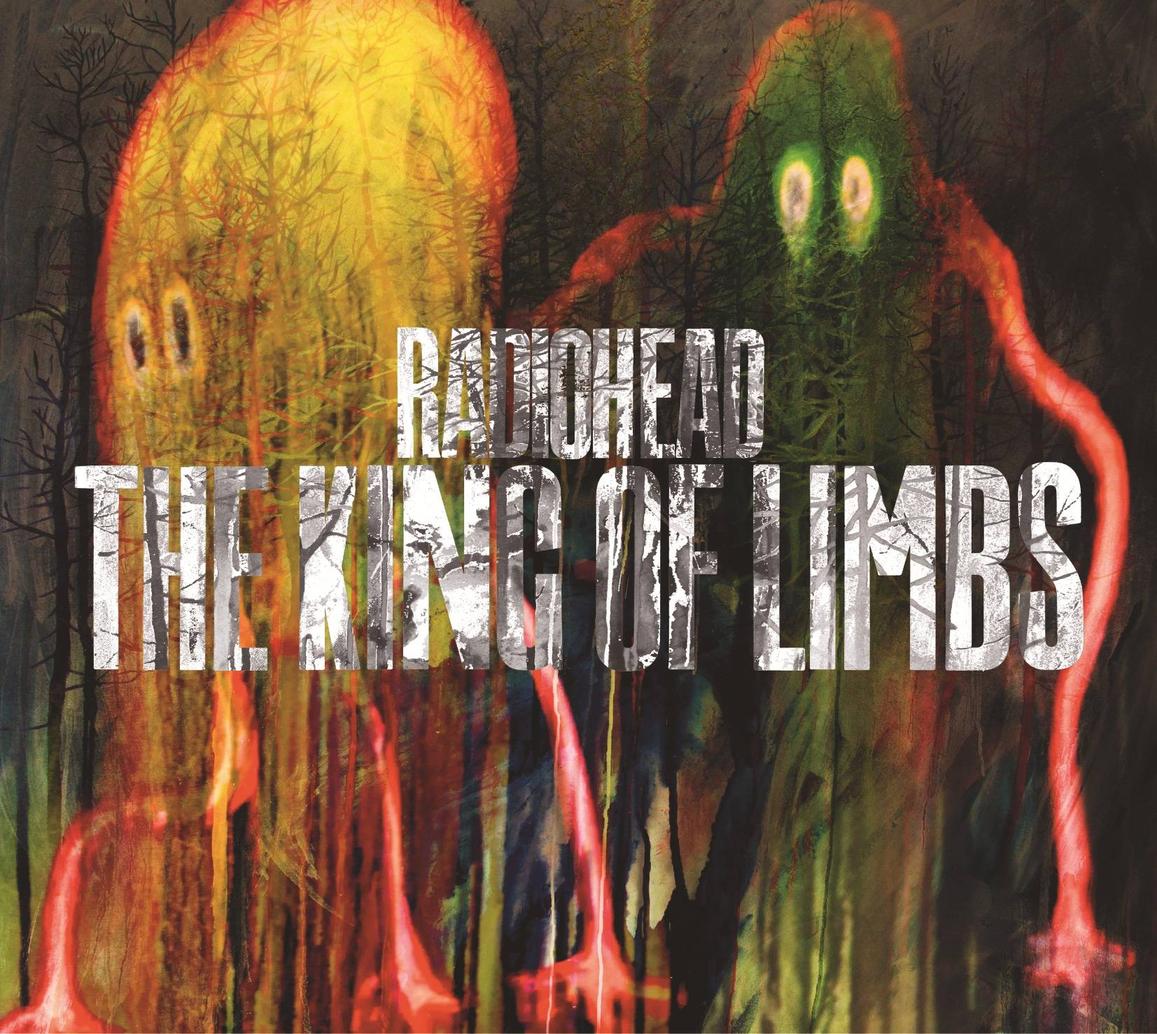
Shock value is nothing new to Radiohead. With a fanbase comprised mostly of college kids and adults who’ve been avid listeners since the mid-1990s, the British alternative rock band is aware that their fans love to be shocked. Although the music is good, Radiohead’s brand new release, The King of Limbs, doesn’t pack the same punch thematically as past albums.
1997 saw their release of OK Computer, a disturbing premonition of a future controlled by mind-numbing pharmaceutical drugs, artificial intelligence and technology. Ten years and four albums later saw their release of In Rainbows—which alone was a revolutionary shock to the music business. The band offered the album for download on their web site for free, asking fans to donate whatever they wished with its “purchase.”
With torrents increasingly outnumbering legal music purchases on iTunes or in physical form, Radiohead’s lead singer, Thom Yorke, seemed particularly in demand of a system-wide reform for the music business with In Rainbows.
When Radiohead’s eighth studio album, The King of Limbs, was released for download on Feb. 18, a day prior to its initially projected release, it was a statement in itself. With little advertisement and the all-time shortest length for a Radiohead LP, the band seemed to demand controversy over The King of Limbs.
The King of Limbs is a great release, but there’s nothing terribly groundbreaking when compared to other Radiohead albums.
Listening to the first track, “Bloom,” I imagine the slow transformation of a blooming flower as echoing synths and Thom Yorke’s wandering, psychedelic vocals frolic around the fragmented drums. This song seems like a continuation of the style of In Rainbows’ opening tracks, “15 Step” and “Bodysnatchers.” “Bloom” is a major highlight.
“Morning Mr. Magpie” is a classic, icy Radiohead track, where Yorke’s voice sends haunting chills down your spine. It’s another highlight of the album, immediately demanding attention with the accusing line “You’ve got some nerve comin’ here / You stole it off, give it back.”
A sinister guitar riff, relentlessly pounding like a hammer, opens the third track, “Little By Little.” The song sounds creepy, rundown almost to the point of sounding as if it’s about to fall apart, little by little.
Glimmering synths and bass riffs augment but are hardly centerpieces of the songs. Even Yorke’s voice is hardly distinguishable, often too drowned out by distortion.
“Lotus Flower” is Yorke’s most vocally impressive song of the album. Sure, his signature falsetto has hit alarming heights on past albums but the sheer beauty of his voice as he croons, “There’s an empty space inside my heart,” leaves the listener wanting more. The swaying synths and smooth percussion provide the song with a jazzy ambience.
The album slows down for the serenely sedative piano ballad, “Codex.” If you’re in the right mood for it (sad, confused, contemplative, etc.), the lyrics of “Codex” are beautiful and haunting.
As a sucker for acoustic songs, I tally “Giving Up The Ghost” as another of the album’s better songs. It is here that the listener feels the album beginning to reach its end. The song builds with gorgeous vocal harmonies and synths, all to the beat of an acoustic guitar.
The dreamy “Separator,” is a major highlight of the album. The song takes its time, but about halfway through, twinkling guitar riffs start to materialize as Yorke’s harmonies become more elaborate and beautiful. Pleadingly, he repeats the final lyrics of the album “Wake me up, wake me up.” The end of the song seems rather abrupt, which is probably intentional, knowing Radiohead.
The King of Limbs is evidence that one of the more influential alternative bands of the 1990s is impressively continuing to make great music. However, with Radiohead’s past albums, fans saw them charting new ground with almost every new release. With The King of Limbs however, Radiohead didn’t do much to reinvent themselves.
It’s a great album, but it doesn’t seem to be asking many big questions, musically or socially, like past albums did—for many listeners, upon reaching the end of “Separator,” the only question they’re left with is, “That’s it?”
